
Article
Tackling Tax Havens
The billions attracted by tax havens do harm to sending and receiving nations alike
IMF,
2019
Read offline
áudio gerado automaticamente
1×
Faça o Login para ouvir o resumo em áudio.
áudio gerado automaticamente
Recommendation
The term “tax haven” conjures images of mysterious places where elites stash their wealth, but tax avoidance is a global phenomenon. The total amount squirreled away from tax collectors is staggering, as are the forgone government tax receipts: more than $500 billion annually. But the international tax system may be on the verge of significant change, according to journalist Nicholas Shaxson in this eye-opening article. Could a fairer tax allocation framework finally be in sight?
Summary
About the Author
Nicholas Shaxson is a financial journalist and the author of The Finance Curse.
By the same author
Book









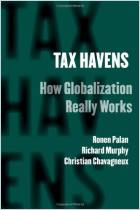
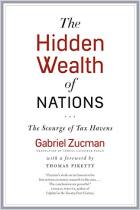
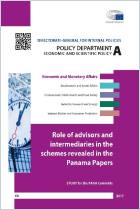
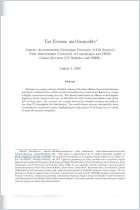
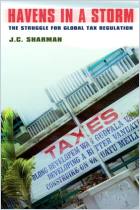
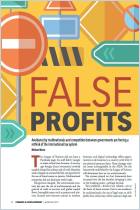







Comment on this summary or Iniciar a Discussão